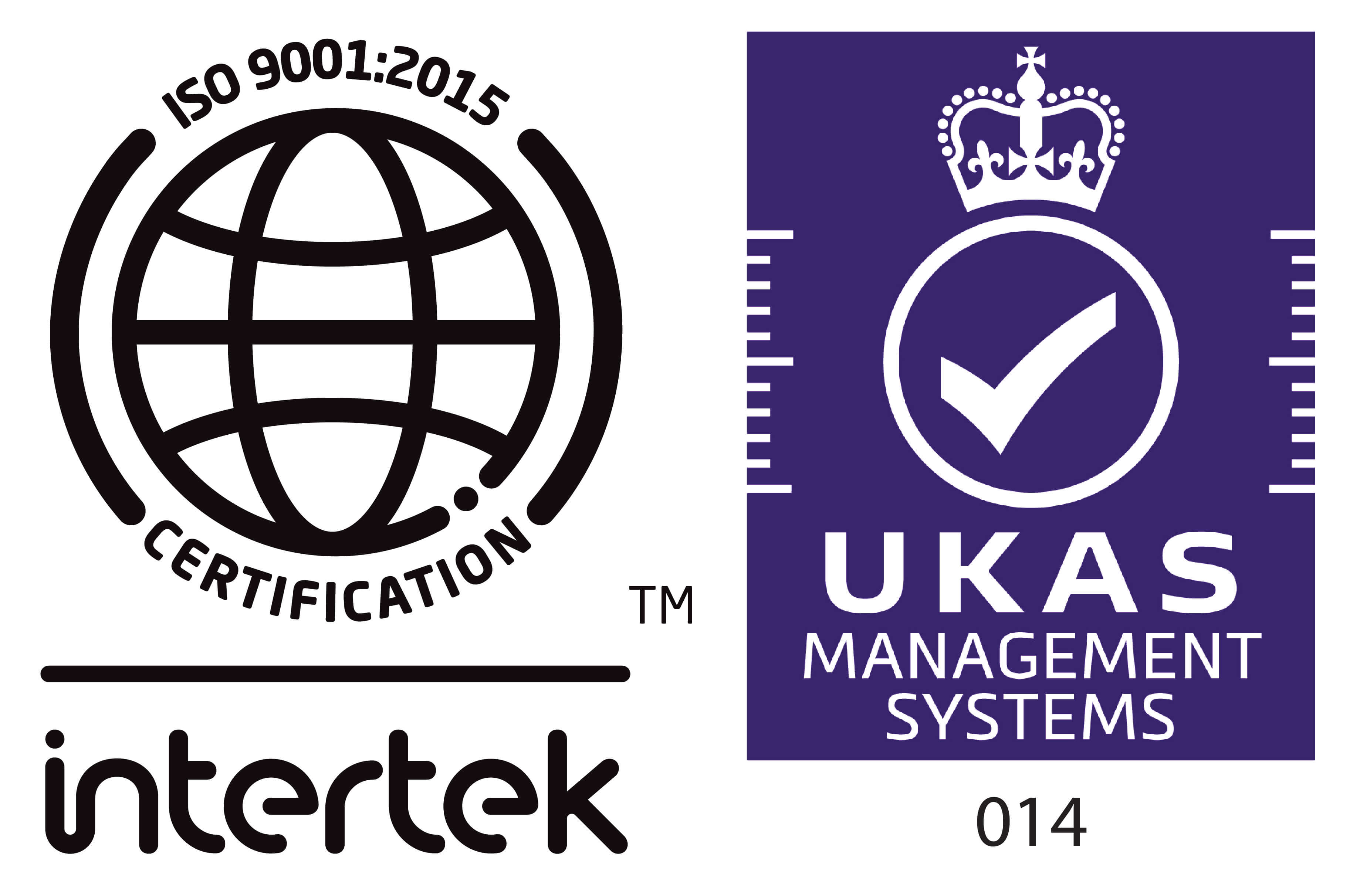Gold's future looks bright
Posted on Apr 21, 2020 at 12:00 am
With uncertainty surrounding the world economy because of the coronavirus and crude oil price crash, gold prices have been a roller-coaster throughout the start of 2020.
Spot bullion is trading around $1 720 -- close to a more than seven-year high -- and is forecast by numerous banks to extend gains as the impact of the virus pushes economies toward recession and prompts action from central banks. Those factors are adding to what was already a strong outlook, with rising demand among middle-class consumers in China and India and signs of supply constraints.
On the other hand, the current crisis results not only from a negative supply shock, but also from a negative demand shock. As a result of uncertainty, people cling to cash and forego unnecessary expenses. In addition, social distancing means reduced household spending on many goods and services, which exerts deflationary pressure. The most prominent example is crude oil, whose price has temporarily dropped to just $20 a barrel (although this was partly due to the lack of agreement between OPEC and Russia). Lower fuel prices will translate into lower CPI inflation rate. Entrepreneurs, especially those with large stocks of goods, will probably lower prices to encourage shopping. Moreover, the appreciation of the US dollar means lower prices of imported goods.
Many people are afraid that the coronavirus crisis will spur inflation. After all, the increased demand for food and hygiene products raised the prices of these goods. Moreover, the supply-side disruptions can reduce the availability of many goods, contributing to their increasing prices.
the US CPI inflation rate declined 0.4 percent in March, following a 0.1 percent increase in February. It was the largest monthly decline since January 2015. The decrease was mainly driven by a sharp decline in the gasoline prices. However, the core CPI rate, which excludes energy and food prices, also decreased in March - by 0.1 percent (versus 0.2 percent rise in February), which was its first monthly decline since January 2010.
Gold prices consolidated around the $1,750 mark on Thursday, extending a recent pattern that has seen them rally on risk-friendly news and outperform on more bearish developments. spot gold was up 0.6% at $1,724.45 an ounce, outperforming the futures contract after the U.S. Mint closed its West Point facility due to the coronavirus.
Havens were in favor again after another immense number for U.S. initial jobless claims, which fell only slightly from the previous week to 5.245 million. The U.S. economy has now lost more than 20 million jobs in a month due to the pandemic.
What will happen to gold irrespective of infarction or deflation? The yellow metal is a safe-haven asset which may shine during both inflationary and deflationary periods. After all, gold also rallied in the aftermath of the Lehman Brothers' bankruptcy, when the economy plunged into deflation for a while. Why? Well, gold's price is also sensitive to market sentiment and risk aversion. Then, gold is no one's liability. So, when deflation is accompanied by significant economic worries and a loss of confidence in the US dollar, gold may shine. Anyway, gold's future - in a world of negative real interest rates, elevated risk aversion and high public debt - looks bright.



